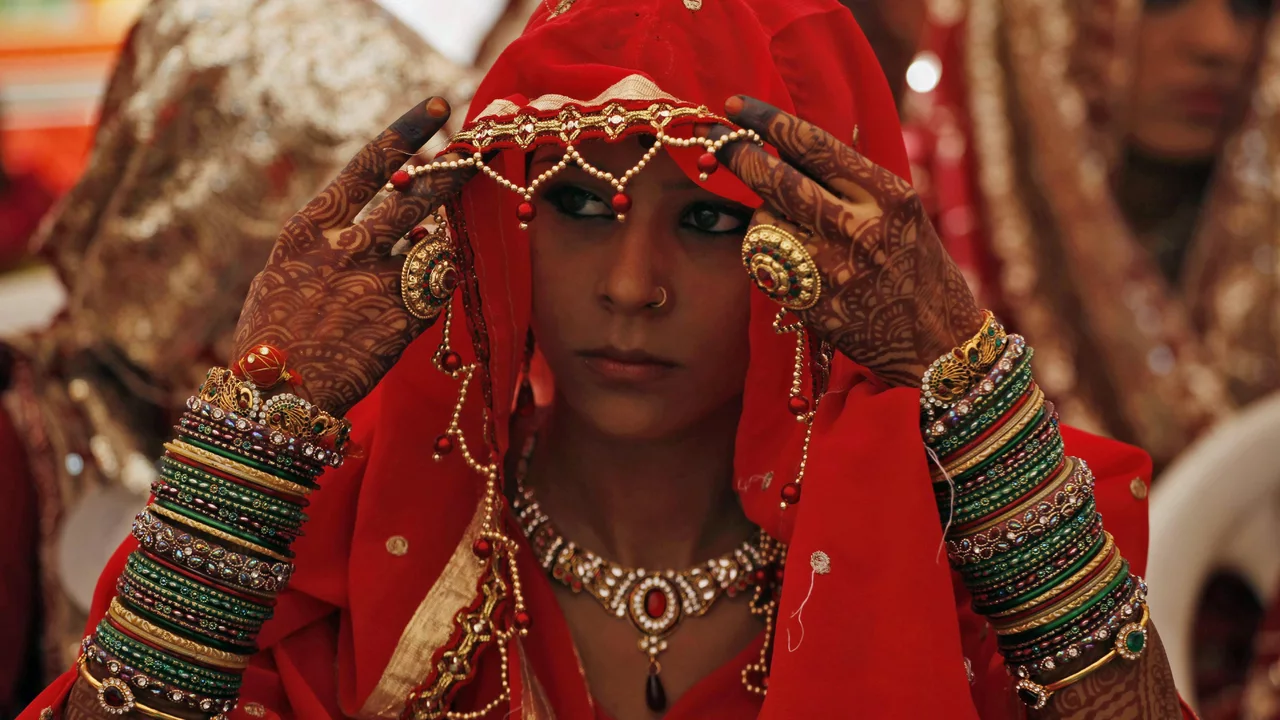Cultural Resentment in India: What It Looks Like and How to Deal With It
Ever notice heated debates at family gatherings when someone mentions a traditional practice? That’s a small sign of cultural resentment – a feeling of frustration or anger that pops up when people think their way of life is being ignored or belittled. In a country as diverse as India, these feelings can show up in many places: politics, media, even the food you choose at a party.
First, let’s be clear about what cultural resentment really means. It’s not just a momentary irritation. It’s a deeper sense that your heritage, language, or customs are under threat. When that sense grows, it can turn into bigger social tension, protests, or online fights that spill into real life.
Why Cultural Resentment Happens
One big reason is rapid change. Urbanization brings new jobs, new lifestyles, and new ideas that sometimes clash with long‑standing traditions. A young professional moving to a metro city may feel pressure to adopt a “modern” way of dressing or speaking, and that can feel like a loss of identity. On the flip side, older generations may see the same changes as disrespectful to their roots.
Another trigger is media representation. When movies, news, or social platforms show one culture as superior or ignore others, people start feeling invisible. A popular TV show that constantly glorifies South Indian food while poking fun at North Indian dishes, for example, can spark resentment among viewers who love the latter.
Economic competition also feeds the fire. If a community thinks it’s being left behind in job opportunities, they might blame other groups or the government. That fuels a narrative of “they’re taking our chances,” which quickly becomes cultural resentment mixed with economic anxiety.
Finally, politics can amplify these feelings. Leaders sometimes use cultural symbols to gain votes, framing issues as “our culture versus theirs.” This rhetoric makes resentment feel justified and even patriotic, turning personal frustration into a public movement.
Ways to Reduce Tension and Build Understanding
Start with listening. When someone shares a story about a festival or a family custom, ask genuine questions instead of dismissing it. Simple curiosity shows respect and often lowers defensive walls.
Share your own culture, too. Social media is a great place to post a short video explaining a regional dish or a traditional dance. Seeing each other’s pride can turn resentment into admiration.
Support balanced media. Look for news outlets that cover multiple perspectives and avoid sensational headlines that pit one culture against another. If you notice bias, comment politely or share a more nuanced article.
Encourage community events that mix traditions. A street food fair where both Bengali sweets and Punjabi samosas are sold side by side lets people taste differences without feeling judged.
On a personal level, reflect on your own biases. Ask yourself if you’re holding onto a stereotype because it’s easier than learning the real story. Small mental shifts add up to bigger social change.
When tension spikes, remember that resentment often hides a deeper fear – fear of loss. Addressing that fear directly, through dialogue and inclusive policies, can calm the storm before it erupts into protests or online flame wars.
In short, cultural resentment isn’t a mystery you can ignore. It shows up in everyday conversations, news feeds, and policy debates. By listening, sharing, and promoting fair representation, you can help turn that frustration into a healthier, more united Indian culture.
